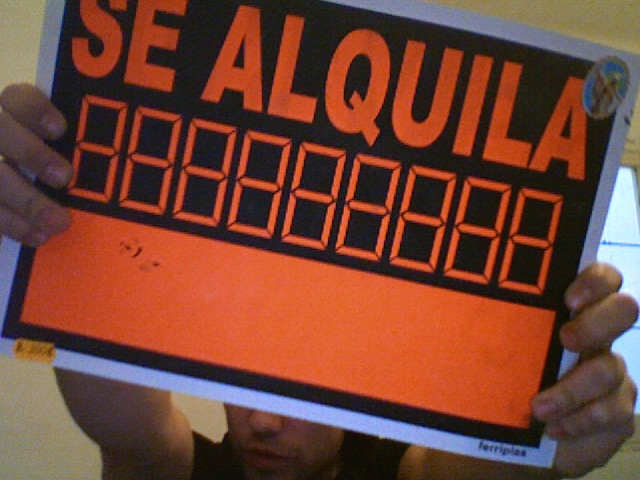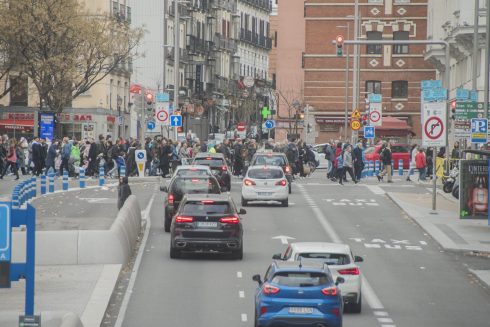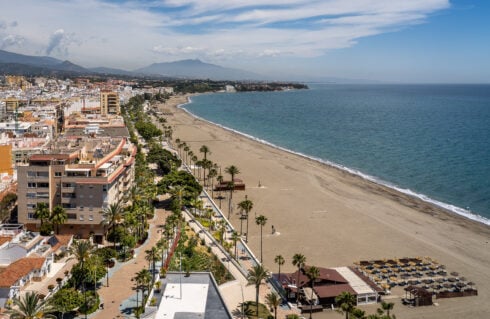IT’s already been another bumper year for tourism in Spain.
According to the national statistics institute the number of visitors had reached over 53 million by the end of July, a 12 % increase from the year before. The amount of money spent increased by a whopping 19% to €71 billion.
But this isn’t just a story about the lucrative tourism economy, which makes up between 12-14% of Spanish GDP. It’s also about crisis and transformation.
It’s the crisis of housing primarily, but also of cities whose infrastructure is overwhelmed by the endlessly growing number of tourists. And of Spaniards’ frustration with how the situation is affecting them.
There are now changes to the national housing law coming in including the ability for community housing associations to ban holiday rentals.

These associations exist in every building and in many subdivisions (urbanizaciones).
Previously, communities could restrict tourist rentals in various ways, including increasing community fees.
But they couldn’t outright prohibit them unless they had a unanimous vote. When the law changes, communities will be able to do so with a vote of 3/5 of neighbours.
The law comes in response to two recent Supreme Court rulings that supported the right of community associations to ban them as economic activities in a residential zone.
There is a widespread popularity to these measures. A poll by the Centre for Sociological Research at the beginning of September found that over 76% of Spaniards support controls on tourist apartment licenses. Almost a majority – 45% – support restrictions on the amount of tourism.
Because of all this, the question of tourism rentals has entered the consciousness of home buyers as well.
I have had more clients asking me about whether tourist rentals were acceptable in a given community.
Some, particularly those interested in high end properties, want to ensure that it is banned in the community where they are considering making a purchase.
High net worth buyers are paying large sums of money for privacy and security. They don’t want a party of wedding goers or holidaying students next door. They want to know who their neighbours are.
Others want to finance their holiday home costs with Airbnb rentals when they are not in Spain. They want to ensure that an urbanization hasn’t banned tourism rentals – and in the case of off-plan developments this remains an unknown until the first community meeting.
I heard of a client taking possession of a new apartment in Malaga, which he intended to rent short-term only to find such activity banned at the first community meeting.
It seems likely that restrictions will grow primarily in high-end, luxury communities and in city centres. Those developments that are dedicated to vacation properties will likely be far less affected.
That could lead to some big changes in the property market and it’s hard to know exactly how it will shake out in the end.
The concern that we should all have is that governments at all levels are creating new facts and paradigms not based on rational planning or well-thought out decisions – but for political gain and low political cost.
Instead of grappling with the shortage of housing they are offloading the problem to community associations, which can increase conflict between neighbours.
This is a problem for all levels of government and could impact a number of sectors of the economy – housing, employment, tourism, zoning laws.
A rational, well-thought out approach is needed, not half-measures.
Adam Neale is the owner of Terra Meridiana, a real estate agency based in Estepona on the Costa del Sol covering areas such as Marbella, Estepona, Sotogrande and Benahavís. Adam has more than a decade of experience in the sales and rental markets and, as Property Insider for the Olive Press, will be providing useful advice for buyers, sellers, tenants and all those interested in living in southern Spain. You can contact Adam by phone at +34 951 318480, pay a visit to his office at 77 Calle Caridad, 29680 Estepona (Málaga) or just visit his website at www.terrameridiana.com
Click here to read more Adam Neale: Property Insider News from The Olive Press.








